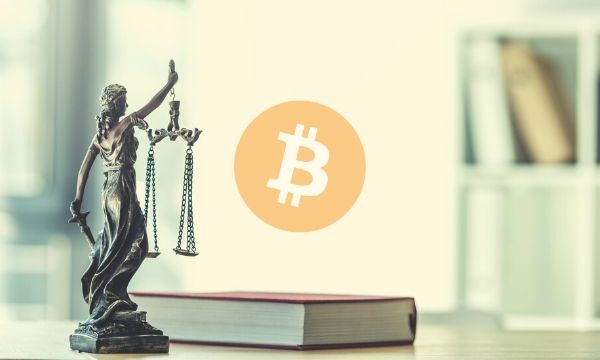
A Fifth Circuit panel of three judges ruled against Richard Gratkowski’s appeal that Fourth Amendment rights should protect Bitcoin data. The panel ruled that the FBI agents who subpoenaed cryptocurrency exchange Coinbase to track Gratkowski’s payments to a child pornography website acted according to the law.
4th Amendment Doesn’t Hinder US Law Enforcement to Track Bitcoin Transactions
On Tuesday, a US court compared Coinbase to a traditional bank, citing the US Supreme Court’s decision in the United States v. Miller case from 1939, in which it ruled that bank records weren’t subject to Fourth Amendment protections.
US Circuit Judge Catharina Haynes concluded:
“Coinbase is a financial institution, a virtual currency exchange, that provides Bitcoin users with a method for transferring bitcoin. The main difference between Coinbase and traditional banks, which were at issue in Miller, is that Coinbase deals with virtual currency while traditional banks deal with physical currency.”
For those unfamiliar, the US Court of Appeals for the Fifth Circuit is a federal court with appellate jurisdiction over the district courts in three states – Louisiana, Mississippi, and Texas.
Previously, the FBI subpoenaed Coinbase to get records of Gratkowski’s payments to a child pornography site. The crypto exchange offered the US government a limited amount of data, the judges said.
The criminal complaint filed against Gratkowski in January 2018 in the Western District of Texas shows that he used Bitcoin to pay for child pornography between June 2016 and May 2017. After analyzing the blockchain transactions to track addresses that had moved Bitcoin to one of several accounts related to the site, FBI agents subpoenaed Coinbase for data on its clients.
The federal agents conducted a search warrant on Gratkowski’s house based on the information provided by Coinbase. They found a storage device containing child pornography content. As a result, Gratkowski was sentenced last year to 70 months in prison and ten years of probation.
Court Rejects Gratkowski’s Appeal
Gratkowski appealed the decision, saying that his Bitcoin data should get the same protections that the Supreme Court previously ruled for cellphone location data in its 2018 Carpenter v. United States decision.
However, the three judges unanimously disagreed. They argued that Bitcoin data is not personal and isn’t a “pervasive or insistent part of daily life.” It doesn’t provide agents with “an intimate window into a person’s life,” unlike cellphone location data.
The panel said that Bitcoin users have the alternative to not use banks at all whenever conducting transactions.
This is not the first instance when public information on blockchain helps law enforcement agencies track consumers of child pornography. Earlier this week, CryptoPotato reported that the Spanish Civil Guard arrested several people who had allegedly taken part in the distribution of child pornography.
The international investigation revolved around tracking crypto payments of users who entered child pornography websites.
Click here to start trading on BitMEX and receive 10% discount on fees for 6 months.
The post appeared first on CryptoPotato






